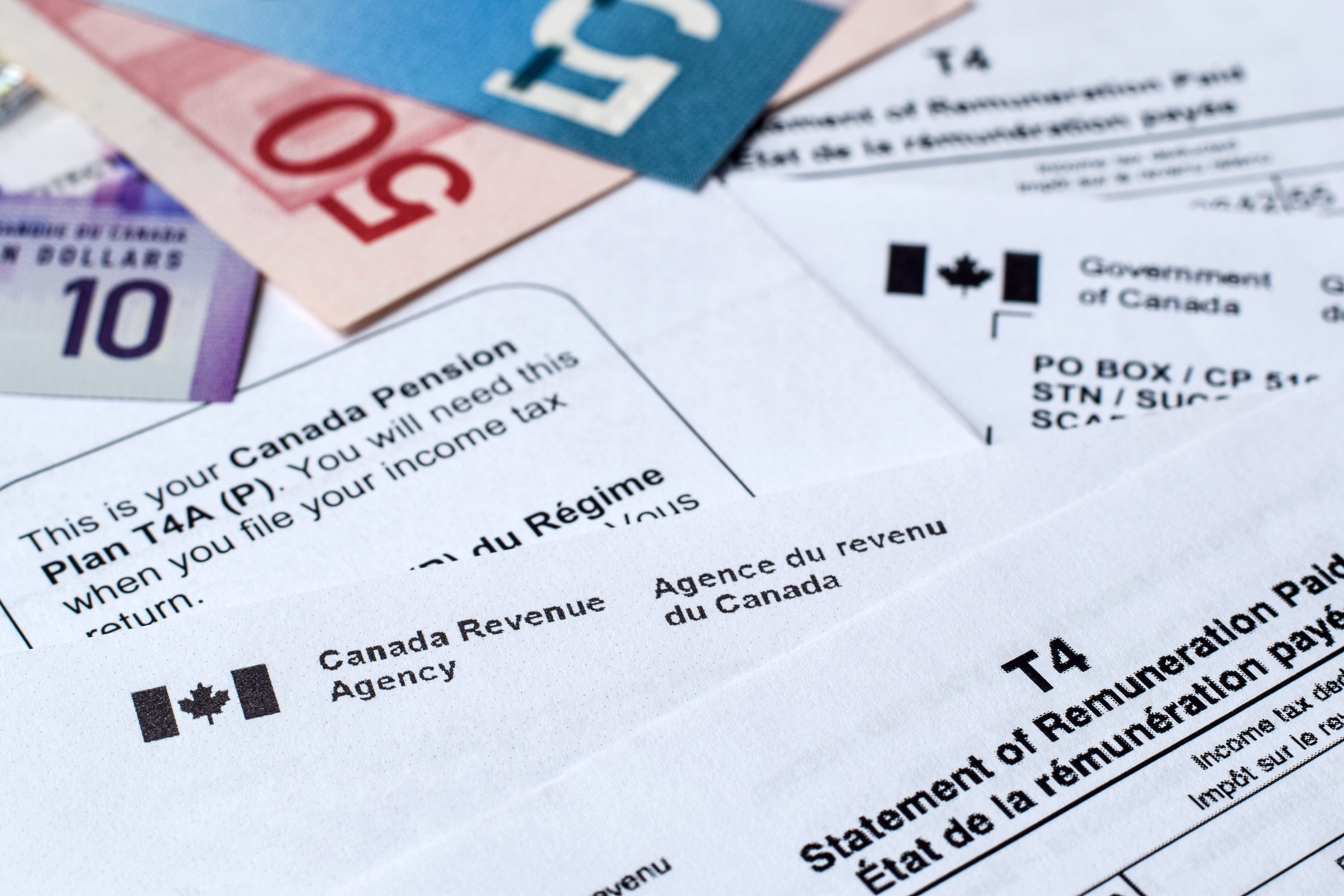Accounting & Assurance Services
How Canadian Landlords Should Prepare Accounts for Rental Income
April 19, 2024

Whether you are renting out an apartment, a condo, a house, an office space, or the basement of the house you live in, you earn rental income. In Canada, all income should be reported to the Canada Revenue Agency (CRA). The way you report the income can determine its tax treatment. The rental income, whether earned by a Canadian resident or non-resident, is taxable. As a landlord, you should maintain detailed records of your income and expenses from rental properties. Here’s why.
How do Rental Property Incomes and Expenses Work in Canada for Landlords?
When you own a rental property, you collect rental income and security deposits. You incur several expenses, such as home renovations, to make the property rentable. You also incur expenses like advertising, legal, and broker commissions to put the property on rent.
Once the tenant starts living, you incur utilities, home insurance, property tax, maintenance, and repairs to facilitate the tenant’s stay. You also risk the tenant defaulting on rent or damaging the property. That amount you deduct from gross rent and security deposit.
When you look at the roles and responsibilities, being a landlord is like being a sole proprietorship. As the CRA allows the self-employed to deduct expenses incurred to earn income, it allows landlords to deduct all the above expenses they incurred to earn rental income.
You must be detailed about the expenses you deduct and keep all receipts to validate your numbers. Some expenses are operational (utility, maintenance) and occur regularly. Some are capital expenses added to the property value and depreciated over time as Capital Coast Allowance (CCA).
For instance, you installed vinyl siding on the exterior wooden walls to enhance the property value and extend its useful life. You will add this cost to the property value and depreciate at the rate specified in CCA.
How To Report Income and Expenses from Rental Properties?
The CRA requires you to report gross rental income in the year you received it. For example, if you collected rent of $800 for January 2024 in December 2023, you report this $800 as rental income in your 2023 tax filings. If the tenant pays you rent in kind or with services, you must report the fair market value of that service as income.
You can deduct the expenses incurred on the rental property from your rent and reduce your taxable income.
- If you rent out one property or a part of your primary residence and provide basic services like utility, parking, and laundry facilities, you include the income as rental income in Form T776.
- However, if you rent out multiple properties or provide other services like meals and cleaning, you may report the rent as self-employment income in Form T2125.
You can deduct expenses in both cases and pay a marginal tax rate depending on your personal income.
Reporting Rental Income and Expenses in Different Scenarios
Your reporting of rental income and expenses will change in different scenarios.
A Portion of Primary Residence: If you rent out a small portion of your home, you can only deduct the expenses from the proportion of the house rented. For instance, if you rent out your basement, which occupies 15% of your housing property, you can deduct 15% of all the eligible expenses.
Multiple Properties: If you rent out more than one property, you must report all the properties’ consolidated rental income and expenses.
Non-Resident Landlord: If you are a non-resident Canadian earning rental income from a Canadian property, your tenant will deduct a 25% withholding tax from the rent and pay it to the CRA on your behalf. You must file a Section 216 return by June to claim the expense deductions. If the withheld tax exceeds the final tax liability, you will get the excess tax refunded.
You can also file Form NR6 to reduce the withholding tax rate on the net rent calculated after deducting the expenses. It will make claiming expenses easier. If you opt for Form NR6, you must file Form T1159 before June, even if there is no tax liability.
Co-owned property: If you and your spouse co-own the rental property, you can report the rental income 50-50 and reduce your taxable income. If you own it with partners, you can report the income in the proportion of the ownership.
What Landlords Should Know About Rental Loss
It is possible to incur a rental loss in a particular year if your expenses exceed income. The loss could possibly occur because the property remained vacant for a long time or the tenant did not pay rent. If you claim loss from the non-payment of rent, ensure you have valid proof to provide CRA, such as notice to creditors or letters to your tenants asking for the rent.
You can claim a loss on the rental income and deduct it against your other sources of income. However, the rental loss should have occurred only if you rented the property at fair market value. You cannot claim rental loss if you rented the property to your sister for $400 per month while the fair market rent is $700.
Should You Claim Expenses on Rented Properties?
After all this discussion on reporting rental income and expenses, the question is, should you claim expenses incurred on rental property?
If you rent out part of your home, you are changing its status from principal residence to home purchased for investment purposes. You pay no tax under the principal residence exemption when you sell your primary residence for a profit. If you plan to sell your home, it is better not to claim expenses on your rental income.
The CRA allows you to keep the principal residence status if only a small part of the house is rented without making structural changes. You did not claim the rental portion of the dwelling as a business expense, but you still must report the rental income.
Reporting and taxation are complicated when it comes to real estate. It is better to seek professional help.
Contact DDL & Co. in St. Catharines to Help You with Accounting and Reporting Rental Income
A skilled accountant is well-versed with the CRA’s reporting requirements and the various tax deductions, classifications, and other nitty-gritty of accounting and reporting. They can report and file your income tax returns accurately and timely. To learn how DDL & Co. can provide you with accounting and reporting services, don’t hesitate to contact us online or call us at 905-680-8669.



